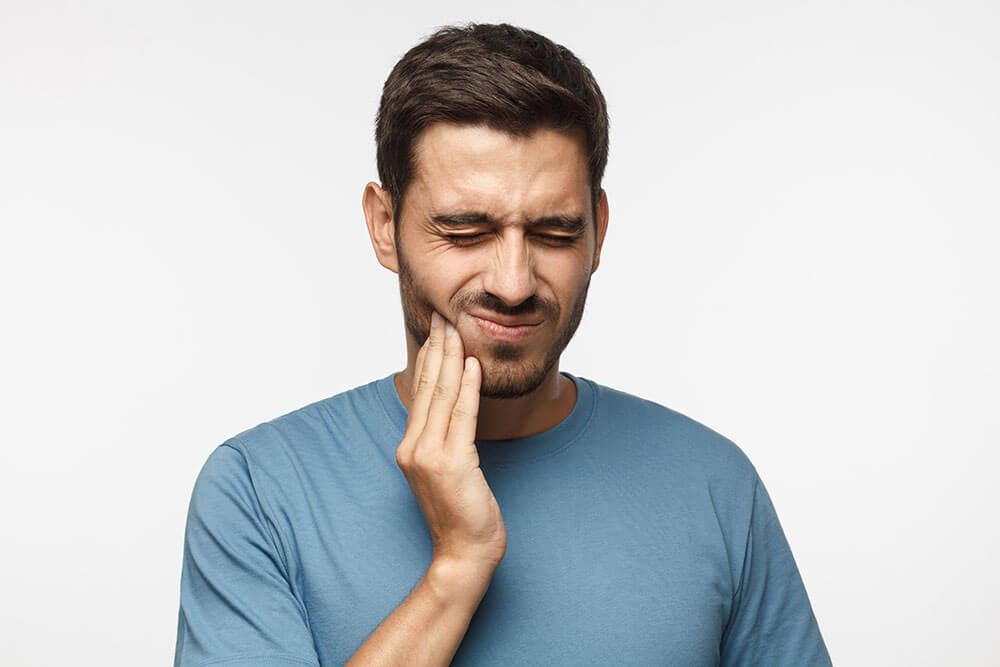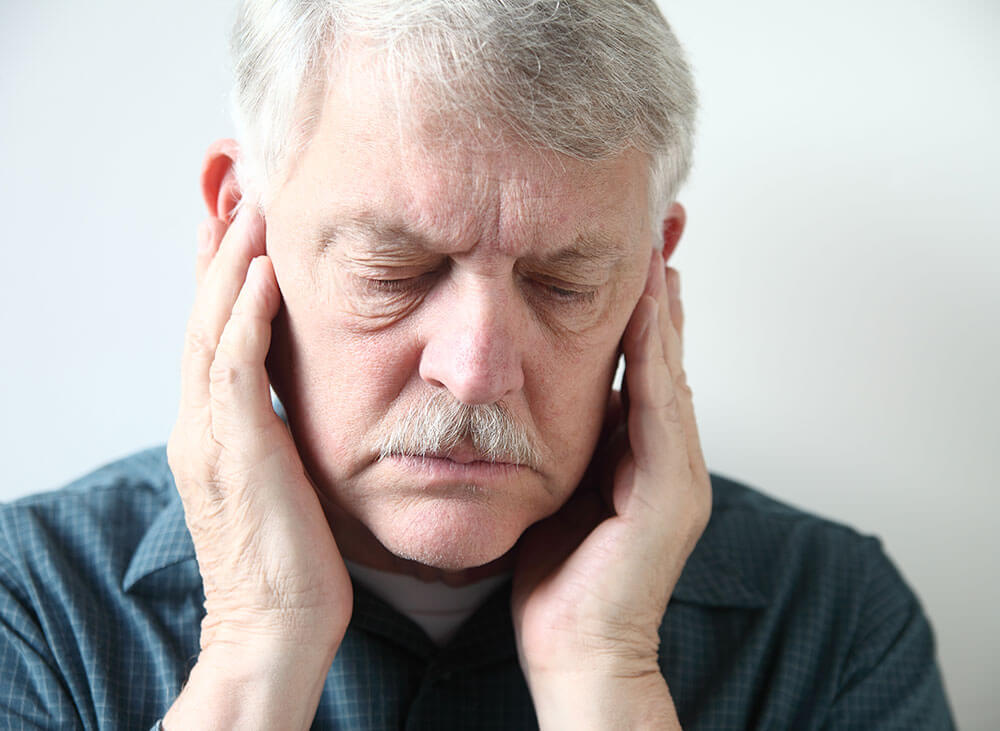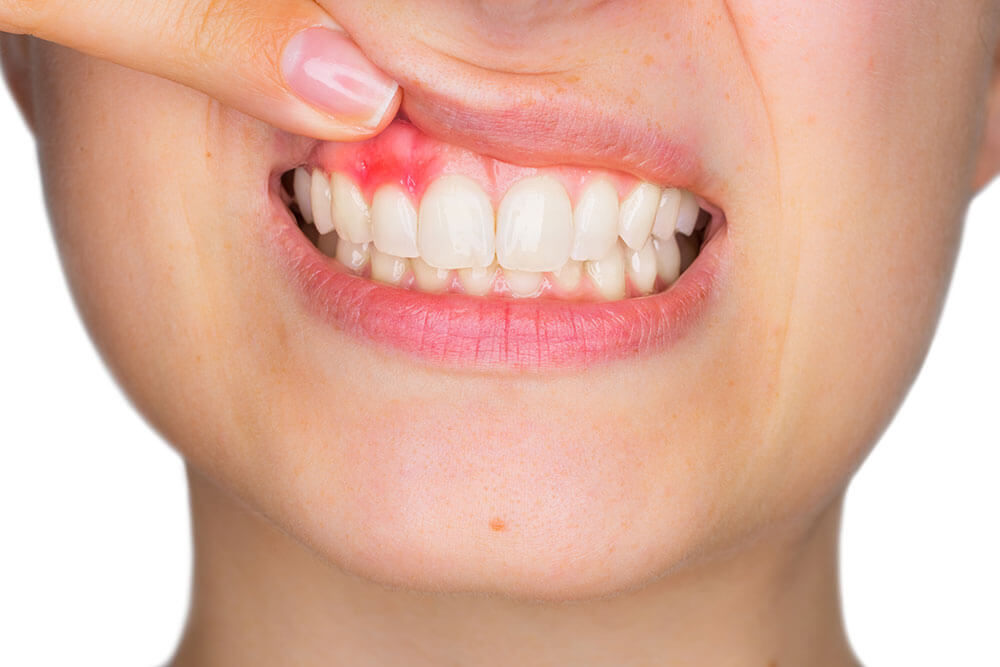What Causes TMJ?
TMJ (temporomandibular joint disorder) is a painful inflammation in the joint where the jawbone meets the skull. This joint is insulated with cartilage, protecting the bones from rubbing against each other.
If you experience trauma, teeth misalignment, or inflammation near this tender jaw joint. It can alter how you chew, speak, or feel. In addition, many patients may not realize that the cause of their migraines or ear pains could be linked to this disorder.
There is no definitive cause of TMJ, as patients can acquire the symptoms in any number of ways. However, the few that are the most common are:
- Joint cartilage deterioration
- Joint disc shifts out of alignment
- Teeth shift out of alignment
- Trauma from a physical impact to the face
- Bruxism (teeth grinding)

Common Symptoms of TMJ

Knowing the symptoms of TMJ can help you discover an effective treatment for your disorder. Some signs to look out for is your notice unusual jaw pain, include:
- Jaw Clicking and Popping: When you open your mouth, you feel a jerking motion or a popping sound at the joints.
- Stiff Jaw Muscles: The muscles around your mouth or TMJ joints feel sore or stiff, especially when you wake up in the morning or after finishing a meal.
- Soreness and Pain in the Jaw: Your jaw joints feel painful with simple motions, such as chewing or speaking.
- “Lockjaw”: You are unable to open your jaw, or it becomes very difficult to do so.
- Ear Pain: The pain or soreness around the temporomandibular joint can add pressure to the muscles around your ears, leading to pain or soreness within them.
- Headaches/Migraines: Some patients have reported feeling intense headaches or migraines as a result of their TMJ pain.
What Can Happen To Your Smile?
- Increased Pain or Soreness: If disjointed teeth grinding continues, patients may experience an increase in levels of pain. Without treatment, some patients could experience excruciating levels that may require medical intervention.
- Medical Risks: It’s not uncommon to acquire other serious medical conditions as a result of their TMJ disorder. These may include depression, malnutrition, or soreness in the head and neck as a result of their jaw pain.
- Deteriorating Oral Health: Due to the symptoms of TMJ, patients may neglect to take care of their smile, resulting in conditions like gum disease, tooth decay, or physical tooth trauma.
- Reduced Hearing: Some patients may experience tinnitus, or a difficulty hearing, due to the close proximity of the grinding jaw joints and muscles to the ears.
- Permanently Damaged Jaw Joints: In the end, refusing to treat your TMJ could lead to permanent lockjaw, or the inability to open your jaw. Depending on the severity, you may need medical intervention to force open your jaw.

Unsure If You Have TMJ? Talk to Dr. Robinette
TMJ is a very serious condition that can alter the course of your oral health and well-being. If you are experiencing any of the symptoms above, please contact us as soon as possible for an evaluation. We’re dedicated to helping our patients have happy, healthy, smiles, and that includes relieving or eradicating the symptoms and causes of TMJ.
